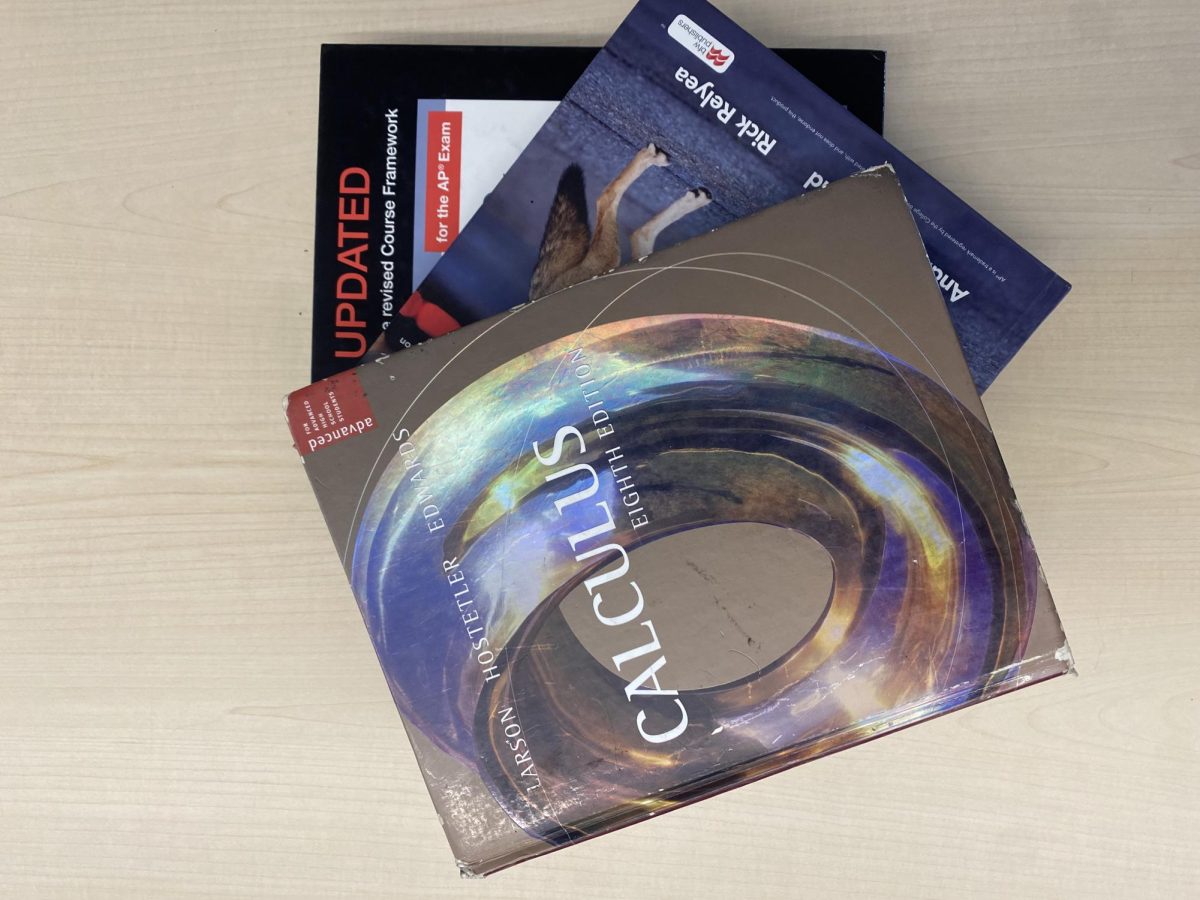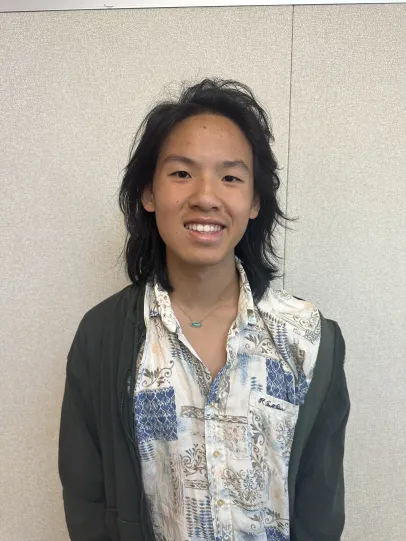It’s no secret that AP classes are a staple of Dublin High life. As the school year continues to ramp up, frantic discussion in the hallways about the next AP Biology test or AP English Literature reading becomes inescapable. The frenzy will peak in early April, the month of the nationally administered, cumulative AP exams, where students are tested on their knowledge of the entire course’s curriculum. However, as similar standardized tests face scrutiny for a perceived lack of equity, it is worthwhile to re-examine the question: are AP courses and their corresponding exams equitable? What can be done to improve the accessibility of the AP curriculum at Dublin High?
For many students, the main issue with DHS’s AP classes is not the courses themselves, but instead the over competitive culture surrounding them. “I feel like when you are in-class, things feel fair, but outside of class and in conversation it feels toxic,” Samiksha Krishnamurthy (12) explains to the Shield. “In conversation, AP classes get reduced to numbers, like how many you’re taking, grades, exam scores… which makes it more competitive.”
This sort of number-centric, cutthroat environment can contribute to burn-out and heightened stress levels representative of AP students around the country. According to the Journal of Human Resources, students taking AP courses tend to have higher levels of stress than non-AP students. In particular, students in STEM AP classes demonstrated decreased interest in the same fields of study they were accruing skills in.
Indeed, the competitive environment and increased stress associated with AP classes may prevent students, including those from backgrounds traditionally underrepresented in AP courses, from choosing to take them, furthering inequity on-campus.
So what can be done to address these issues? Maybe the answer starts in changing our rhetoric on a school-wide level. “When I was at Wells Middle School, I remember counselors giving the advice to only take the APs you were sure you could succeed in,” reports school board student representative Anika Yu (12). “I believe that the well-intentioned advice created a reluctance to challenge oneself regarding course selection. I think that all 8th graders should be encouraged to take AP classes once eligible—often, the only thing missing is self-confidence and taking the first step into an AP course.”
Additionally, the cost of AP exams may be the make-or-break factor in a student’s decision to take an AP course, particularly for those who may have difficulty paying for the exams. Thus, “information on how to get AP fee waivers could be more widely publicized at the beginning of each school year,” Yu explains. “Culturally,” she adds, “the school desperately needs more AP teachers of color. I just think it needs to happen.”
Despite the flaws in the culture AP courses perpetuate, students at Dublin High do still believe in their continued value. Surya Uniyal (12) comments, “While sometimes the competitive environment feels a bit intimidating, and it’s easy to compare oneself to the countless straight-A, dedicated students, it can also be motivating. Many students are genuinely invested in their educations… [it] constantly reminds me of the value in my own hard work.”
AP classes are, and will continue to be, a vital aspect of Dublin High life. Yet as the school year continues to advance, it is necessary that students be mindful of the culture they perpetuate and the changes that they want to see. After all, everyone deserves a safe environment in which they can succeed.




































